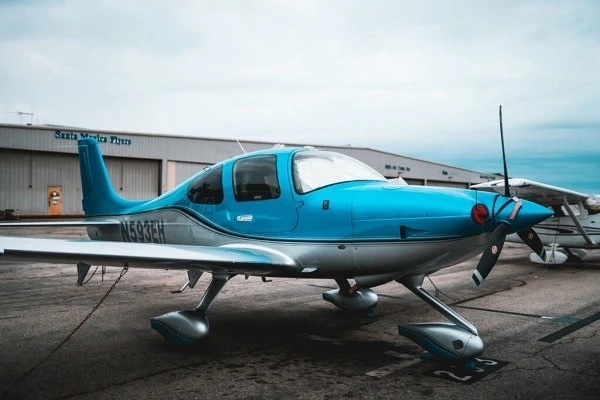Becoming a commercial pilot is a dream that many aspire to achieve, and it’s a career path filled with excitement, challenges, and endless opportunities to explore the skies. Whether you’re a passionate aviation enthusiast or someone looking to embark on a thrilling career change, the journey to obtaining a commercial pilot certification is both rewarding and demanding. This guide aims to provide you with valuable insights, tips, and essential information to help you navigate the path toward becoming a certified commercial pilot.
Factors For Choosing the Right Commercial Pilot Certification School
- Accreditation and Certification: Ensure the flight school is accredited by the relevant aviation authority in your country, such as the Federal Aviation Administration (FAA) in the United States. Certification ensures that the school meets specific standards for pilot training.
- Instructor Qualifications: The quality of your flight training largely depends on the instructors. Look for schools with experienced and certified flight instructors who can guide you effectively.
- Aircraft Fleet: Check the variety and condition of the aircraft in the school’s fleet. A diverse fleet allows you to gain experience on different types of aircraft, which can be beneficial for your future career.
- Cost and Financial Aid: Consider the cost of commercial pilot certification training and whether the school offers financial aid, scholarships, or financing options. It’s essential to have a clear budget and financial plan.
- Location: Think about the school’s location in terms of climate, airspace, and proximity to your residence. A favorable location can expedite your training.
- Reputation and Alumni Success: Research the school’s reputation and inquire about the success of its past students. A school with a track record of producing skilled pilots is often a good choice.
- Curriculum and Facilities: Evaluate the curriculum and facilities. Ensure the school offers a well-rounded education, including ground school, simulator training, and access to modern facilities.
- Safety Record: Investigate the school’s safety record and protocols. Safety is paramount in aviation, and you want to train at a school with a strong safety culture.
Preparing for Entrance Requirements
- Educational Requirements: Most flight schools require a high school diploma or equivalent as a minimum educational qualification. However, having a college degree, especially in aviation-related fields like aeronautical science or aviation management, can enhance your credentials and job prospects in the long run.
- Age Requirement: In many countries, you must be at least 17 or 18 years old to start flight training. Check the specific age requirements in your region.
- Medical Certificate: Obtain a class 1 or class 2 medical certificate from an aviation medical examiner (AME). This certificate ensures you are physically and mentally fit to operate an aircraft.
- English Proficiency: English is the international language of aviation. You’ll need to demonstrate proficiency in English, as most aviation communication and documentation are conducted in English.
- Preparation for Written Exams: Familiarize yourself with the written exams you’ll need to pass, such as the FAA Private Pilot Knowledge Test in the United States. There are various study materials and courses available to help you prepare.
- Physical Fitness: In addition to the medical certificate, maintaining physical fitness through regular exercise and a healthy lifestyle is essential for long-term success in aviation.
- Legal Requirements: Ensure you meet any legal requirements specific to your region or country. It may include background checks or security clearances.
Conclusion:
The path to becoming a certified commercial pilot is a thrilling and rewarding journey, but it requires careful planning and preparation. Choosing the right flight school is the first critical step. With the right training and mindset, you can soar to new heights and turn your dream of becoming a commercial pilot into a reality. Safe travels on your journey to the skies!



